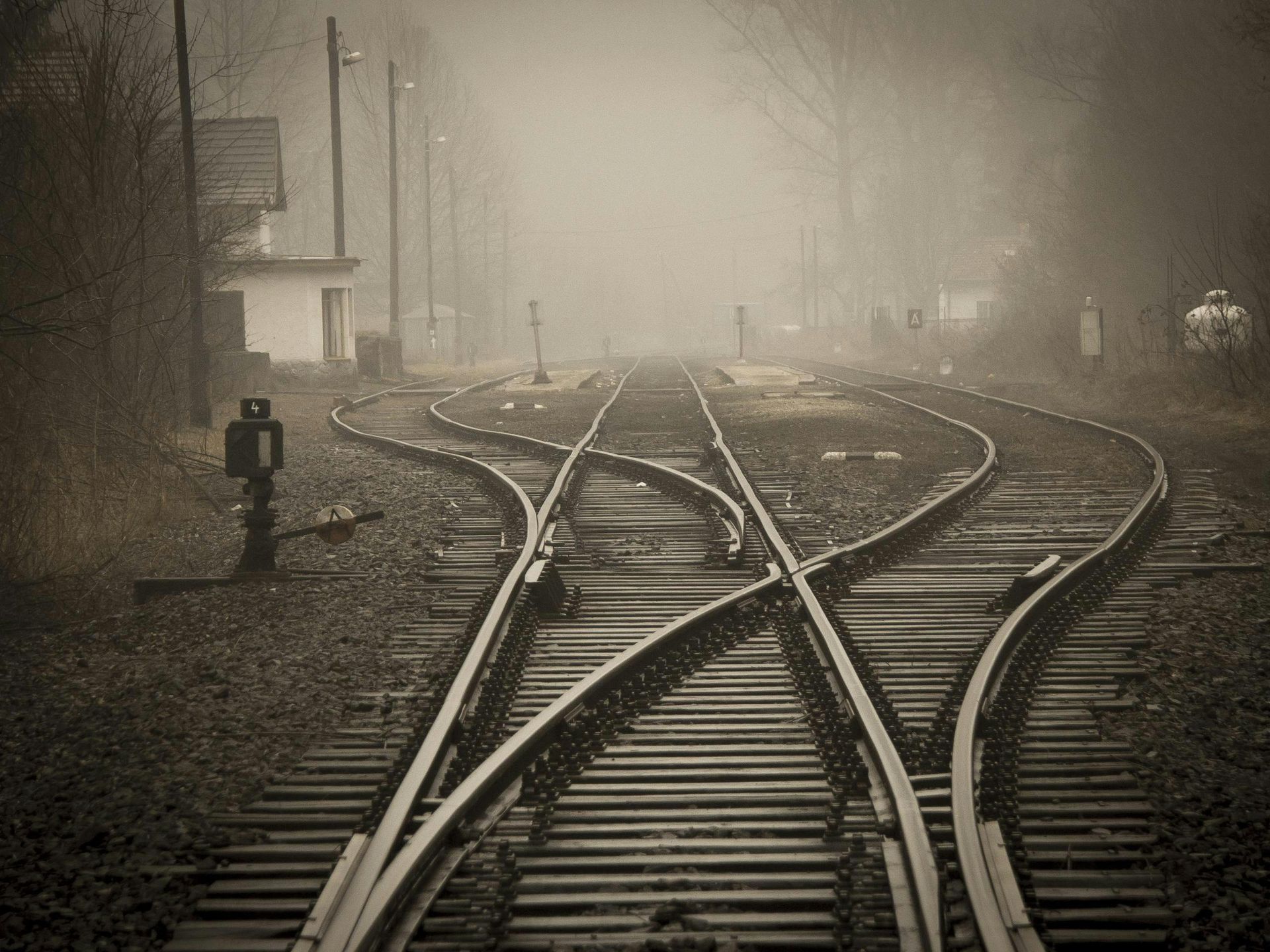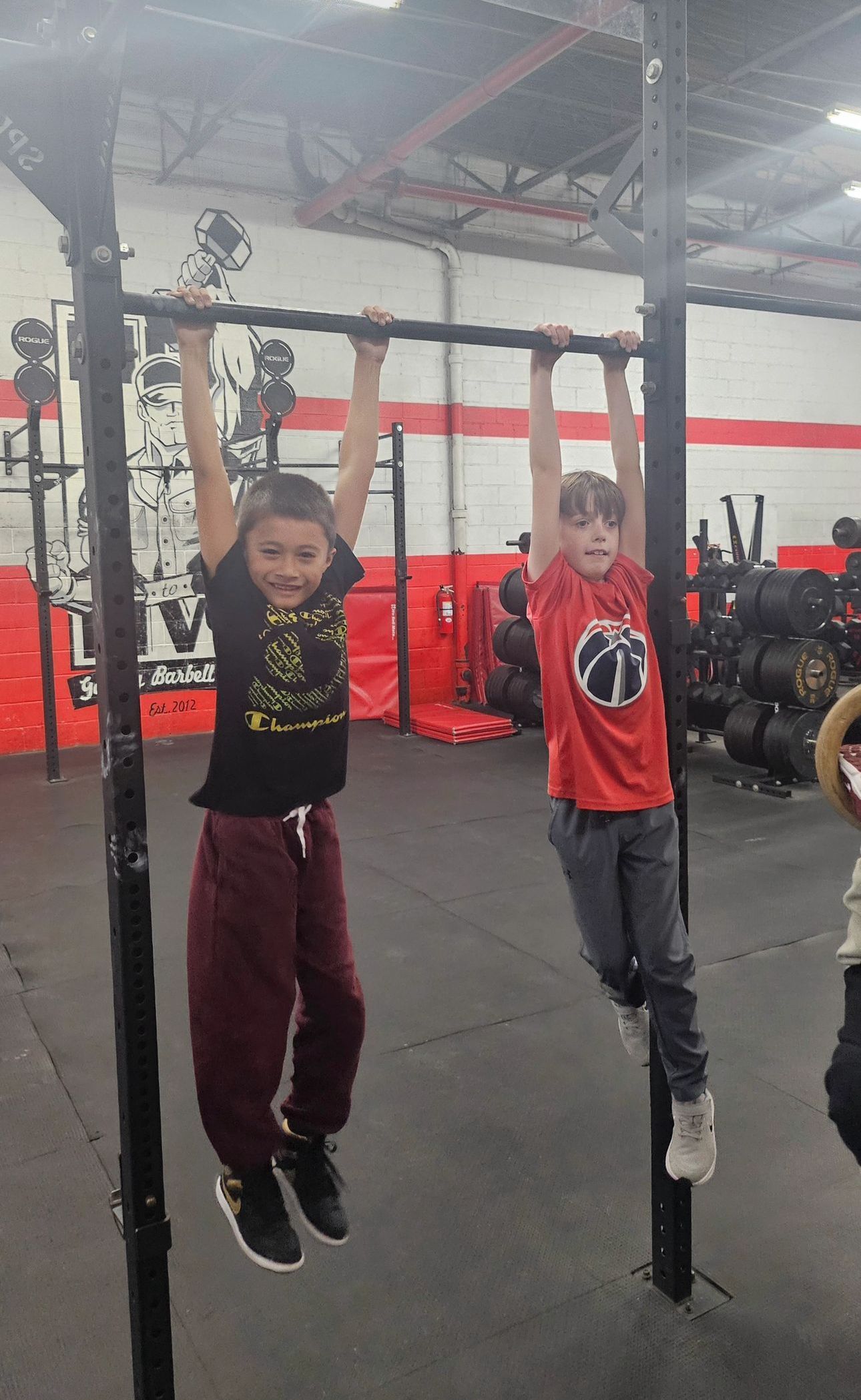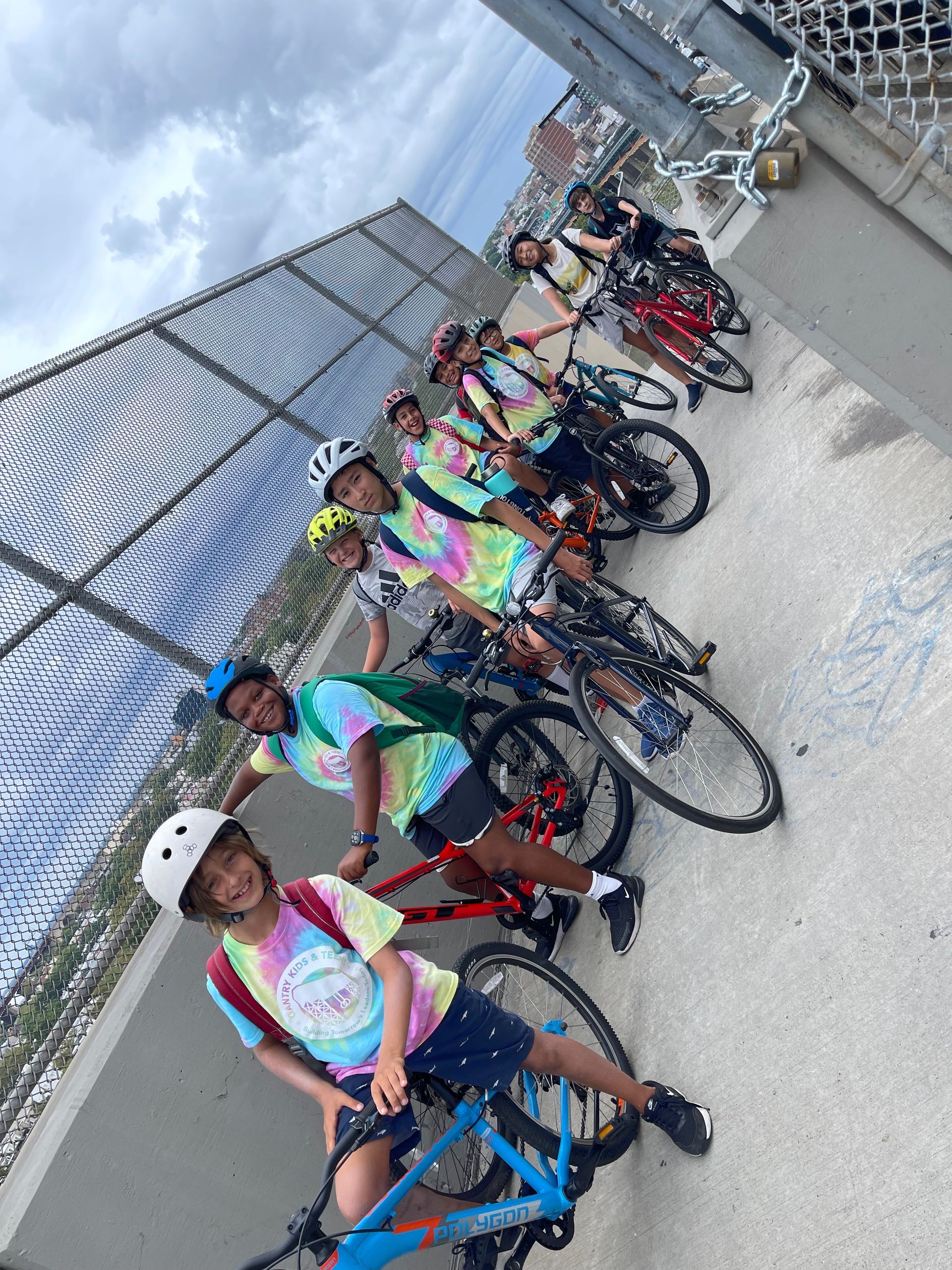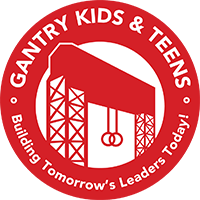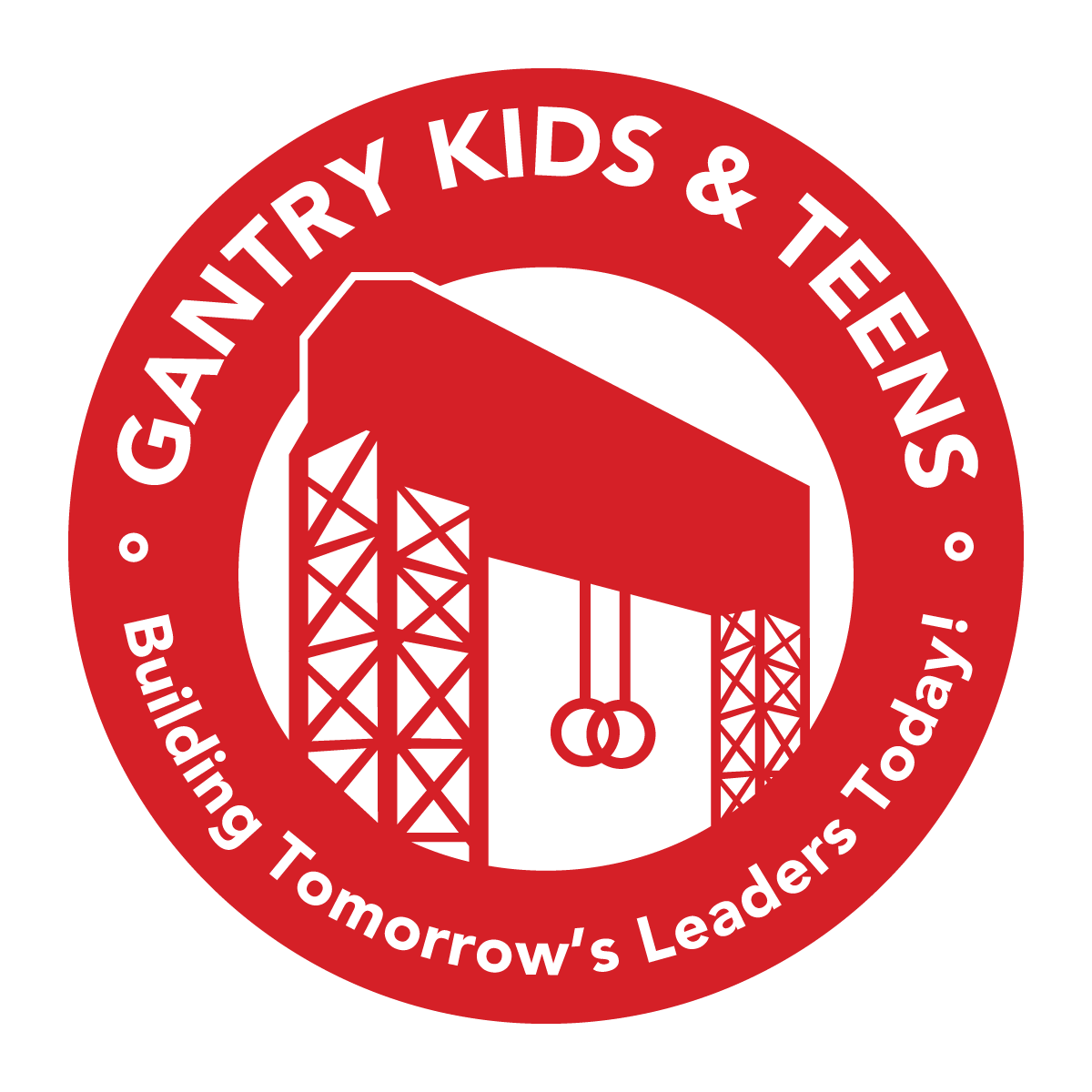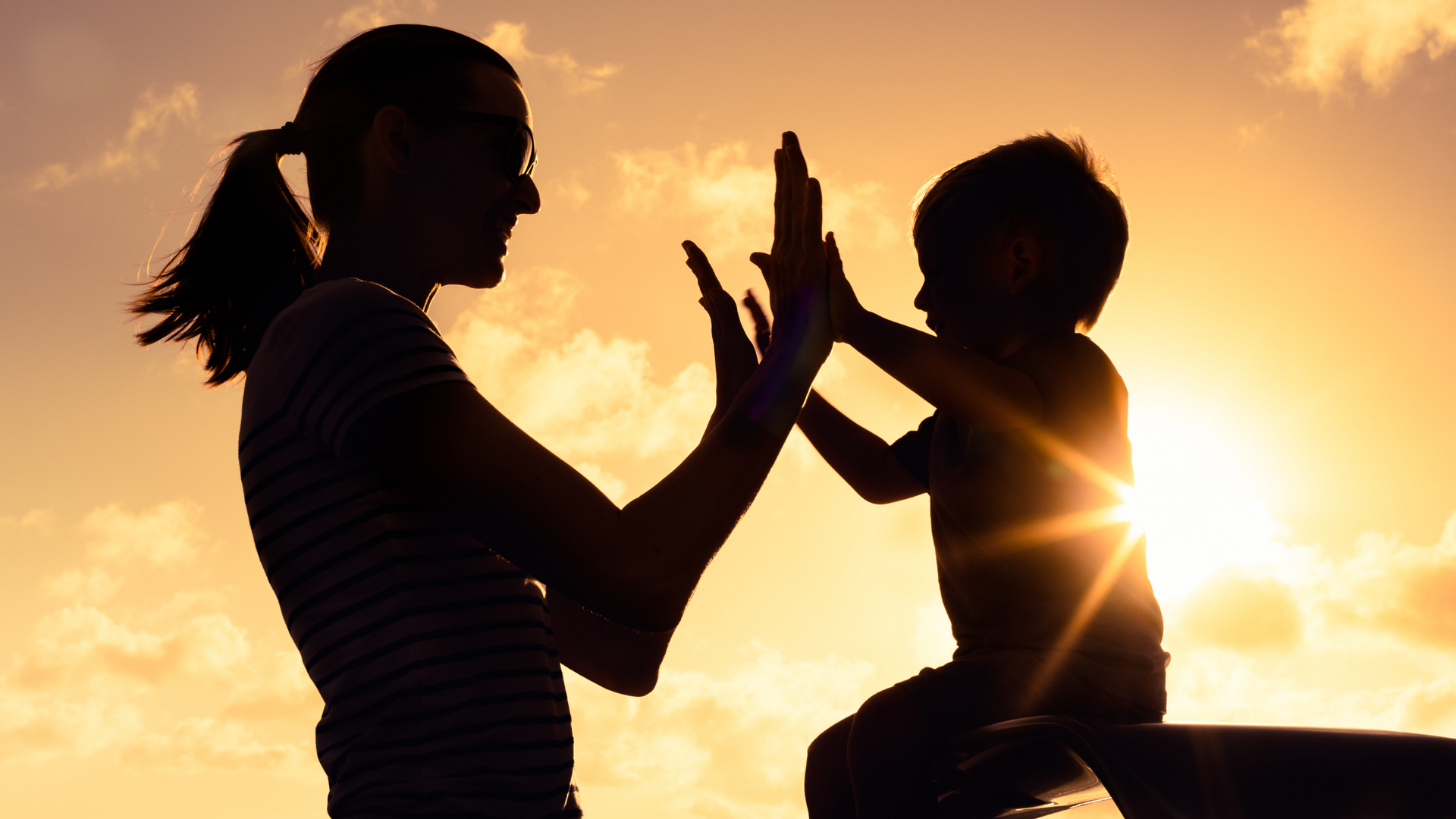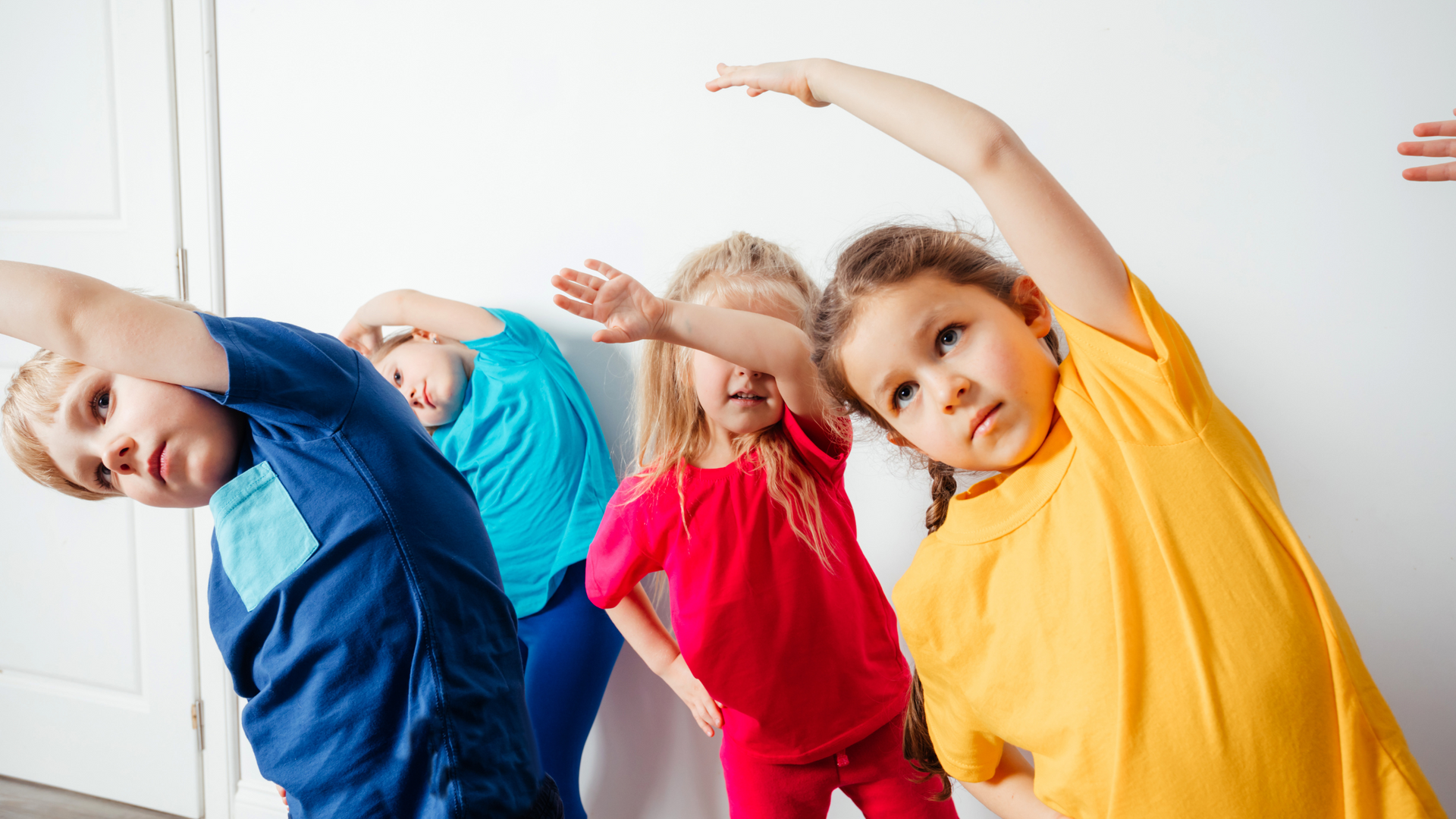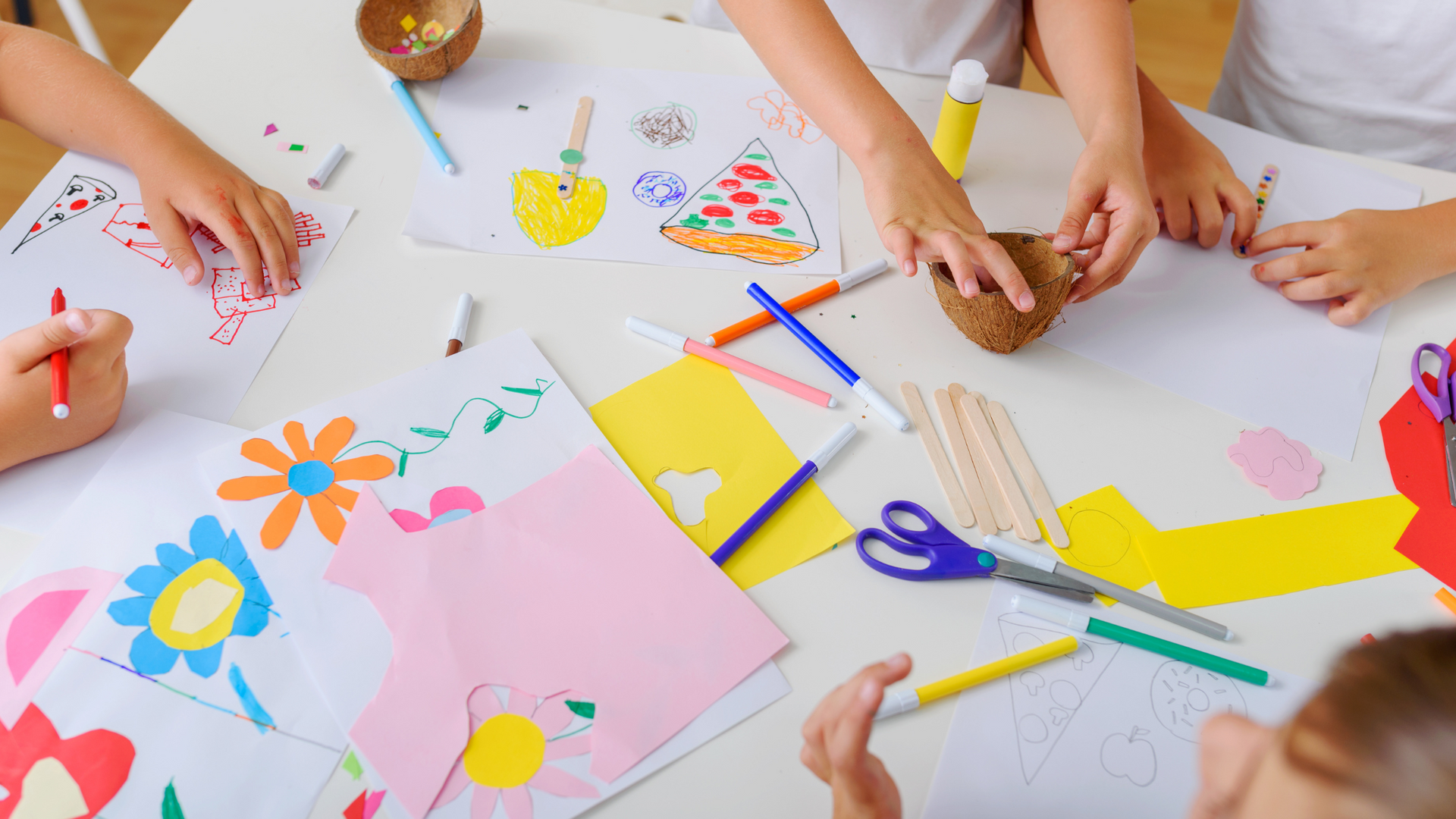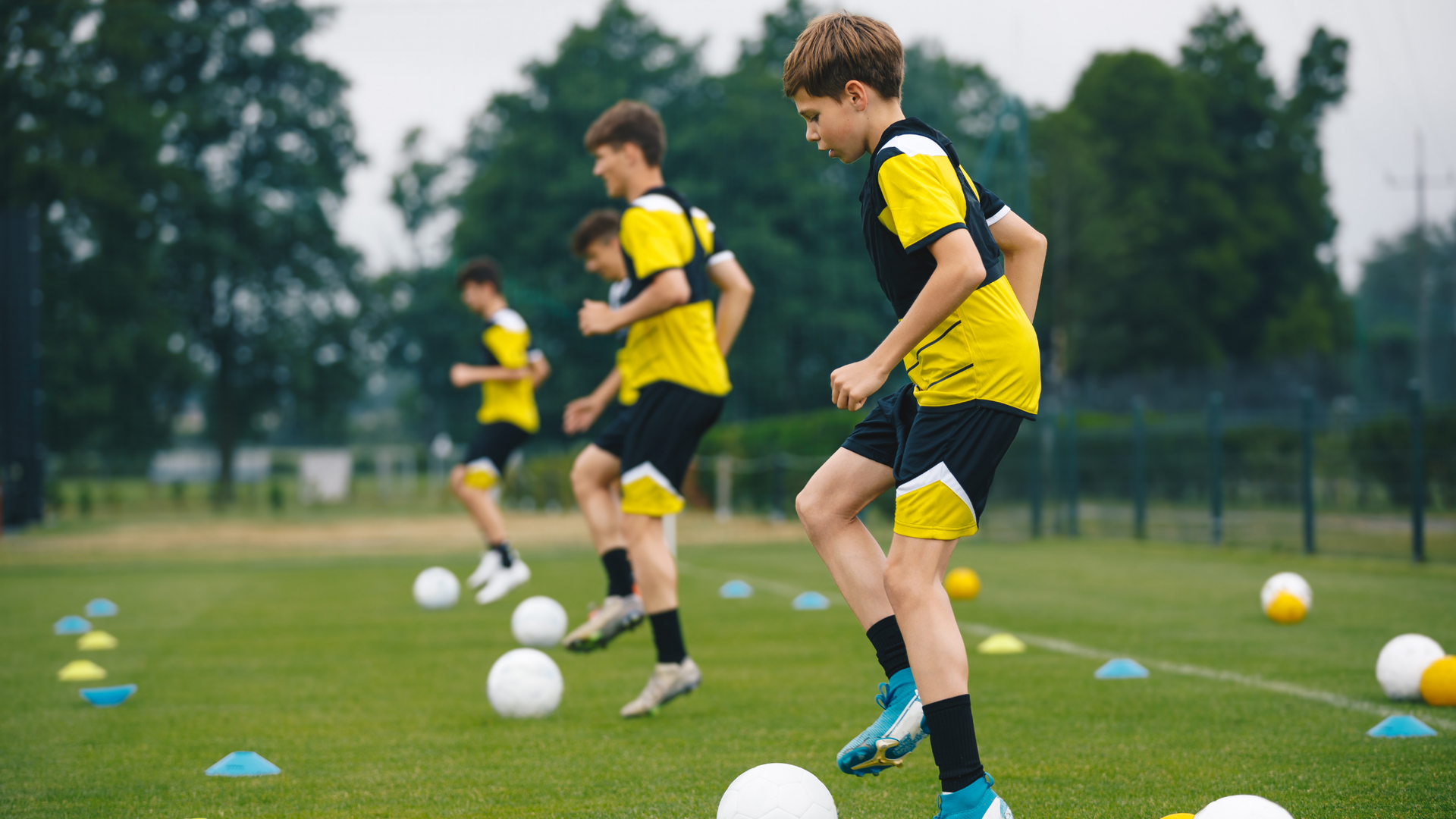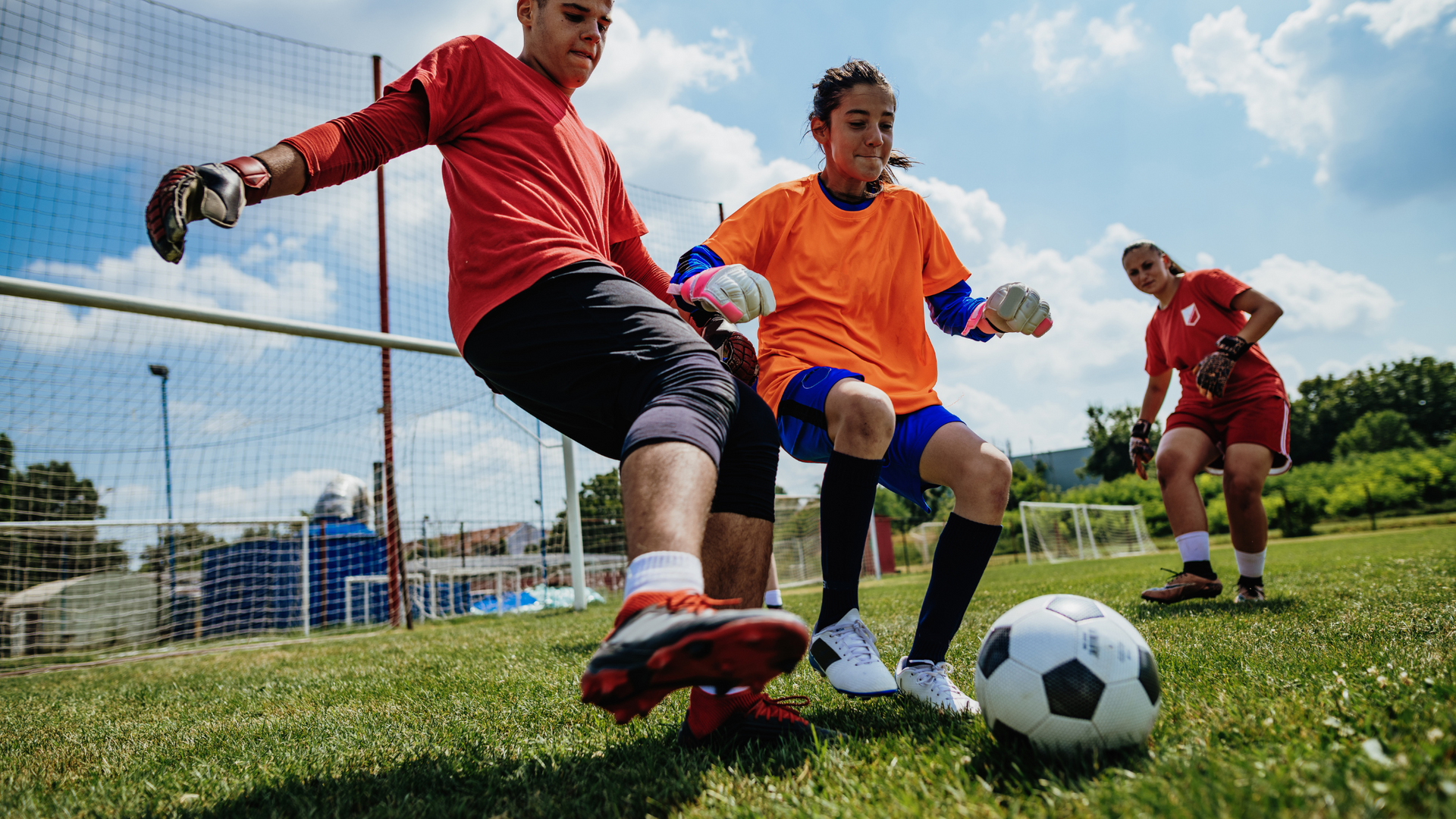By Michele Kelber
•
October 25, 2024
Risky Play - Parent & Caregiver Buy In I know, Risky Play sounds SCARY! It may raise some eyebrows, but it's essential for a child's growth and development. Risky Play is generally play that is outside the achieved skill set of a child attempting to be performed in a fun and happy context. Helen Dodd and Kathryn Lester published the article, “Adventurous Play as a Mechanism for Reducing Risk for Childhood Anxiety: A Conceptual Model” in 2021. The paper states, “when children play in an adventurous way, climbing trees, riding their bikes fast downhill and jumping from rocks, they experience feelings of fear and excitement, thrill and adrenaline.” One of the difference between risky play and plane hazards in life is that risky play is done in a context of happiness and desire. This pushes each child to get used to feeling uncomfortable and manage their emotions around it. The authors noted that half of all anxiety disorders start before age 11, "so the earlier kids deal with "ambiguity" - the discomfort of not knowing how something will turn out, which they went on to say that which is at the heart of risk – the more chance of nipping anxiety in the bud." (from Let Grow: letgrow.org/risky-play-anxiety/) I was recently a guest on a panel discussing Adventure Playgrounds at the Association of Science & Technology Centers 2024 Conference. Did you know that tons of museums are building adventure playgrounds? Adventure Playgrounds range from "natural playgrounds" to "junk playgrounds". Governors Island is home to play:ground NYC, The Yard. The theme that runs through each is unrestricted play, and the absence of adult made play structures. Often adventure playgrounds are "no adults allowed" other than playworkers, trained to oversee the area. Adventure Playgrounds can have anything from hammers and nails to build with, trees to climb, treehouses to imagine from, ropes to swing on, and access to water. Many utilize found objects to spark creativity and imagination. Adventure playgrounds are facilitators of Risky Play! My portion of the presentation and panel addressed "Educating Grown-ups: Guiding Parents and Caretakers into Risky Play". I felt it was an important topic because allowing risky play the few times you visit an adventure playground isn't enough integration in a child's life. The goal is to support parents and caregivers to introduce, encourage and provide opportunities for risky play. My job as the founder of Gantry Kids is to provide such an environment AND to guide parents through what may be a scary time for them as they incorporate risky play at home. The Benefits The benefits of risky play are countless. In the forefront is learning to be in uncomfortable situations and get to the other side of them. It teaches follow through, coping with stressors, and understanding personal limitations. It also can improve motor skills and cognitive understanding, as well as improve social interaction skills. Kids that are risk adverse don't learn how to manage everyday situations or worse, it causes children to seek out hazardous actions and environments as a form of thrill seeking. Mental Health professionals are in agreement that the lack of risky play can lead to a lack of resilience and the onset of mental health issues like anxiety at a very young age. This almost always requires professional intervention. The Fears As adults we have our own set of fears around allowing children to participate in certain activities. One of the biggest fears around risky play is injury to the child and ability concerns - can the child even do it? Other fears that drive hesitation for adults is our own anxiety and worry. We take it on as if we are experiencing the action and just can't manage our own anxiety as we enter the rabbit hole of worry. By the way no one is more afraid on a skateboard than a newbie adult. Kids, meh, not so much. Lastly, adults, organizations, and municipalities are fearful of litigation. What if a child gets hurt and we get sued? I love fear. It's just our bodies way of telling us we are alive. Fears have a tendency to take over the area of our brains where rational thinking occurs. So stay vigilant and don't allow it. Literally say to yourself, Okay fear, I see and here you. Thanks for the feedback, but I'm going to do it anyway. If we actually looked at the statistical likelihood of something happening versus only considering our concerns we'd be doing way more stuff. Chapter 4: Where We Are as a Society of my book How Not to Ruin Your Kids: A Practical Guide to Raising Happy, Independent, Equipped Children addresses how fear impacts our parenting and in turn our children's agency, self-esteem and autonomy. It also breaks down statistics of one of our deepest fears: kidnapping. I point to the fact that "children abducted by strangers represent .01% of all missing children." Yet, we don't let our kids walk to school, run errands, or play at the playground without an adult for fear of them being taken. Point zero one percent. So you see, fears aren't always rational, supported by evidence or true yet we filter most of our decision making when it comes to our children through those emotions. The REALITY What's your reality? How often are your kids engaging in risky play or enjoying an adventure playground? The reality for most is that kids engage in risky play as a single experience . Whether it's a pop-up event, or an exhibit at a museum or a weekly visit to the cool playground. It's not often enough. Risky play includes everything from climbing, balancing, hanging, jumping, swinging, sliding, running, biking, skating, cutting, poking, whipping, sawing, tying, wrestling, play fighting, rough and tumble play, exploring unknown environments, introducing dangerous elements like elevation change, water, and fire. (Sandsetter, Ellen Beate Hansen and Leif Edward Ottesen Kennair (2011): "Children's Risky Play from an Evolutionary Perspective: The Anti-Phobic Effects of Thrilling Experiences". Evolutionary Psychology. 9:2, 257-284). Is your child engaging in risky play at home? How often do they climb a tree, balance on a curb, saw a piece of wood, play fight, take a short cut through the woods, or build a fire? All of this is risky play. Is risky play available to kids? Do we let them help make dinner and use a knife, are we painting pumpkins or carving them? At our Halloween Kids Night Out! we always have the kids carve pumpkins. Now, they are taught and guided by an adult, but they get to actually do it! Are they swinging on ropes like we do at the gym, or jumping from tall heights, even the couch counts. Biking is even risky play. Remember risky play is adventurous and brings some excitement and thrill to children in a happy environment. They are the barometer, not you. Is their school and after school program a proponent of risky play? Obviously Gantry Kids is! We work really hard to create an organic environment where kids have access to risky play and agency over themselves. We support their growth and encourage their development with each box jump, rope swing, and mile on the bike! Are parents and caregivers being supported? Are you as a parent or caregiver feeling supported in your quest to provide opportunities for risky play? It's hard we know. Hard to trust that your child can do the task, trust that they will stay safe and trust that you are making the right choices. Honestly, that's why a lot of parents send their kids to Gantry Kids. We handle the risky play and the mild heart palpitations. When you feel those, thank your fear for being present and act anyway. What's next? As a way to support parents, besides sending kids to the gym, I created this very basic, but informative info graphic. It breaks down risky play you can incorporate at home and then build on! By incrementally adding risk play to your child's life, you'll see the benefits, but also they are learning a new skill set, which will boost their confidence and independence! Remember, start small. Do things together, your eyes on, your hand off. Then start adding more and more. Don't wait until you are comfortable, acknowledge your fear and act anyway. You can do this!
